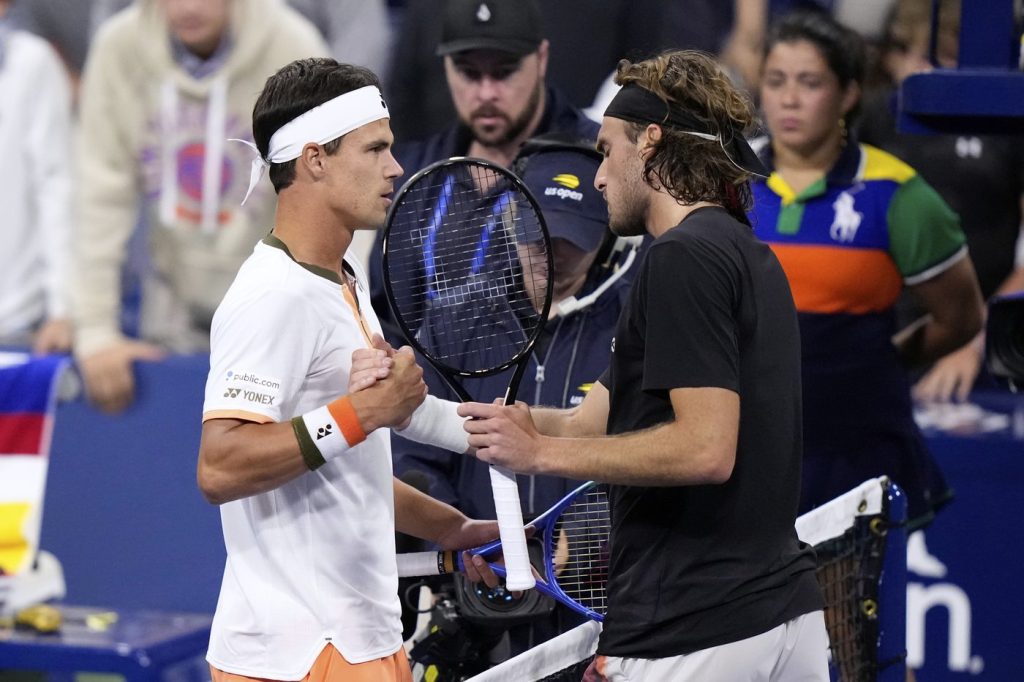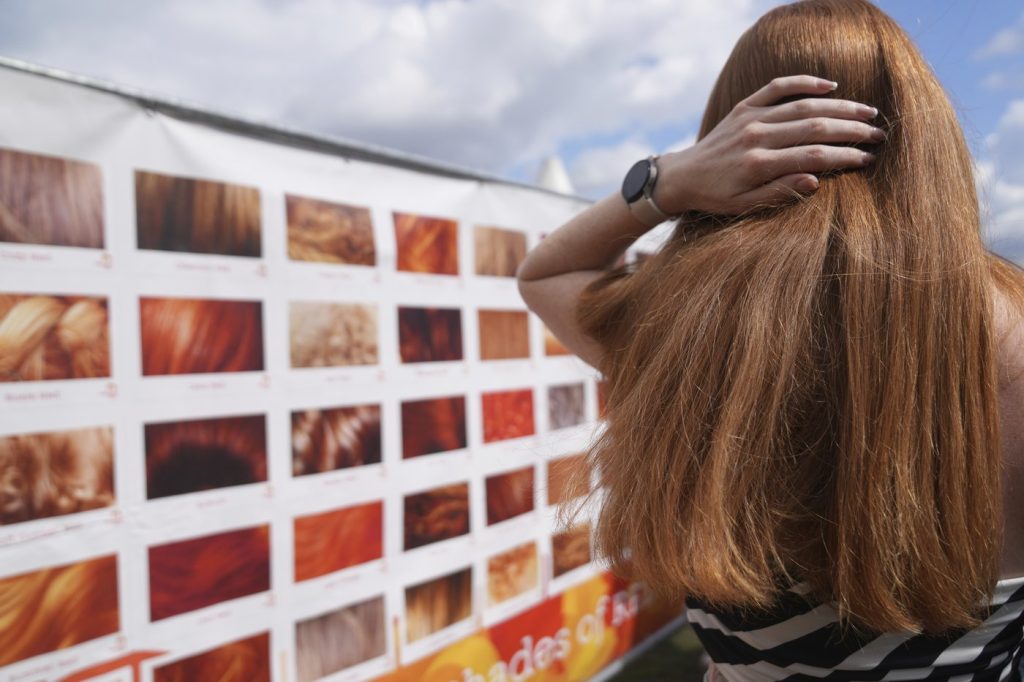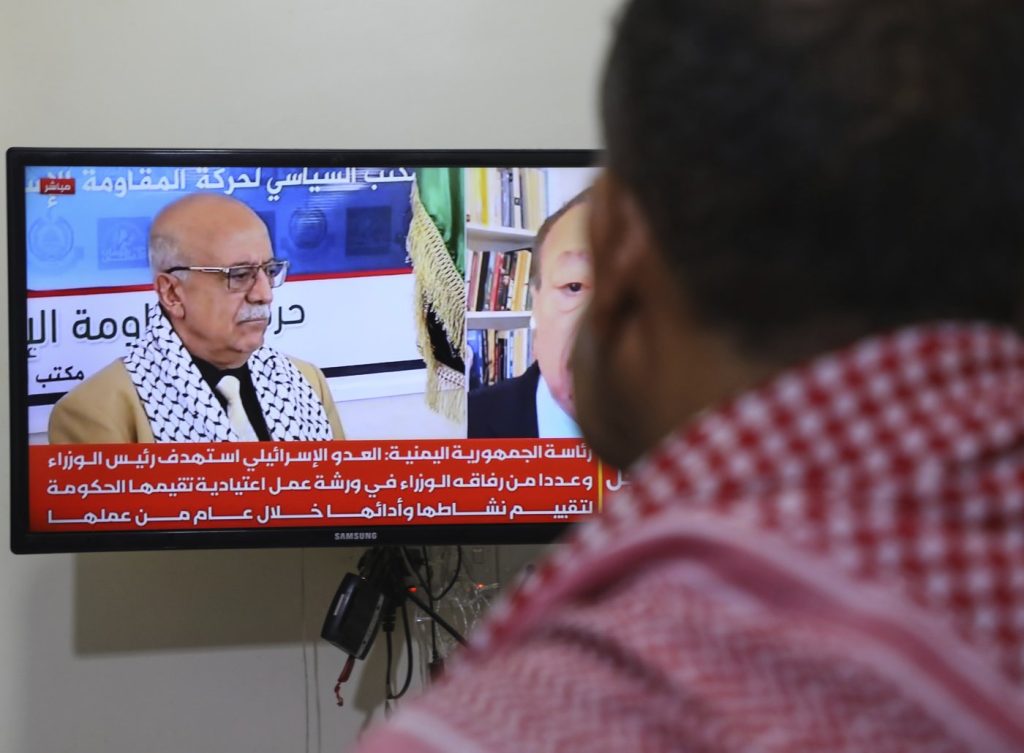NEW YORK (AP) – During the opening week of the U.S. Open, discussions surrounding the unwritten rules of tennis have come to the forefront. Topics such as the need for a “sorry, not sorry” hand gesture after hitting the net tape, the appropriate method for warming up with an opponent, and the use of an underarm serve have all drawn scrutiny from players and fans alike. However, one of the most notable aspects of these interactions is the post-match greeting at the net, usually consisting of handshakes and sometimes even hugs or cheek kisses, which, while seemingly a straightforward sportsmanship gesture, can occasionally lead to tense moments.
Tennis, unlike many other sports, has established traditions that include the handshake ritual after matches, a practice ingrained in players from their junior days up to the professional level, despite the absence of the term "handshake" in the 61-page Grand Slam rulebook. Brad Gilbert, a former player and current ESPN commentator, emphasizes the importance of winning with class and losing with dignity, noting that this tradition is a fundamental part of the sport's culture.
However, recent incidents at the U.S. Open suggest that this tradition is not always followed. Notably, a confrontation occurred between Jelena Ostapenko, the 2017 French Open champion from Latvia, and Taylor Townsend, the top-ranked doubles player from the U.S., after Townsend’s victory. Following a handshake, the two exchanged heated words, with Ostapenko criticizing Townsend's sportsmanship regarding a let cord and the execution of warm-up volleys, leading to her remark about Townsend’s “education” and an apology issued on social media later.
Some notable figures in tennis have weighed in on these situations. Venus Williams characterized the incident as “a lot of drama,” while Chris Evert, an 18-time Grand Slam champion, recalled never having a bad encounter at the net in her career. Meanwhile, Stefanos Tsitsipas’s post-match handshake with Daniel Altmaier took a negative turn when Tsitsipas expressed his displeasure regarding an underarm serve that Altmaier had used during their contest. Instead of responding, Altmaier turned away, highlighting the potential for conflicts during these traditionally friendly exchanges.
In another instance, players Jaume Munar and Zizou Bergs engaged in a heated discussion over grunting after their match. Altmaier noted that in the heat of the moment, players might say things they later regret, voicing his personal aversion to discussions at the net, which he believes should be handled privately. This sentiment is shared by other players, including Jiri Lehecka, who advocates for resolving conflicts away from the public eye and the media.
While tensions at the net are not exclusive to the U.S. Open, they have caught the attention of social media. Instances such as Ben Shelton and Flavio Cobolli's confrontation in Canada and Danielle Collins’ comments to Iga Swiatek at the Paris Olympics about insincerity have fueled discussions about post-match interactions. Iga Swiatek herself acknowledged that while she would still shake hands even when disliking someone, it’s essential to maintain sportsmanship after a match.
Despite these incidents, most players agree that the handshake tradition should not be abolished. Maria Sakkari, a two-time major semifinalist, pointed out that coming from diverse backgrounds can often lead to conflicts but stressed the importance of respecting the tradition. In the past, Gilbert himself experienced a heated moment during a match with David Wheaton which nearly escalated into a physical confrontation, yet they still managed to shake hands afterward, underscoring the complexity of emotions in high-stakes competitions.
As the U.S. Open progresses, the discussions surrounding sportsmanship, etiquette, and the unwritten rules of tennis continue to evolve, reminding us that even in a sport defined by tradition, the human element can sometimes lead to unexpected tensions.












